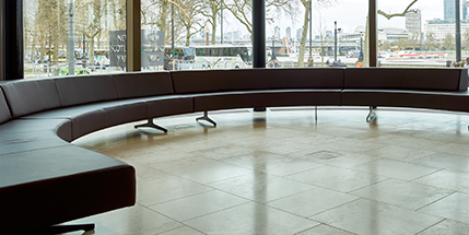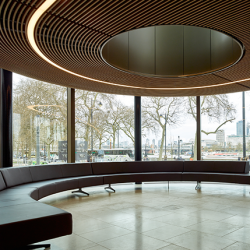October 17, 2017
Harnessing artificial intelligence could release up to £630bn for the UK economy, new government report claims
 Artificial Intelligence has the potential to add £630 billion to the UK economy by 2035, according to an independent review commissioned by the government as part of its Industrial Strategy. The review, Growing the Artificial Intelligence Industry in the UK, led by Jerome Pesenti, chief executive of BenevolentTech and Dame Wendy Hall, Professor of Computer Science at the University of Southampton, says AI is expected to make “great improvements” for the public, including more personalised services, better healthcare and more efficient use of resources. Robots could be used to perform a raft of benign and “dangerous” jobs including smarter scheduling of medical operations and hiring on-demand self-driving cars. The report makes 18 key recommendations for developing AI in the UK and was led by Professor Dame Wendy Hall, a professor of computer science at the University of Southampton.
Artificial Intelligence has the potential to add £630 billion to the UK economy by 2035, according to an independent review commissioned by the government as part of its Industrial Strategy. The review, Growing the Artificial Intelligence Industry in the UK, led by Jerome Pesenti, chief executive of BenevolentTech and Dame Wendy Hall, Professor of Computer Science at the University of Southampton, says AI is expected to make “great improvements” for the public, including more personalised services, better healthcare and more efficient use of resources. Robots could be used to perform a raft of benign and “dangerous” jobs including smarter scheduling of medical operations and hiring on-demand self-driving cars. The report makes 18 key recommendations for developing AI in the UK and was led by Professor Dame Wendy Hall, a professor of computer science at the University of Southampton.





























October 9, 2017
Our Twentieth Century approach to ergonomics has to change
by Mark Eltringham • Comment, Flexible working, Technology, Wellbeing, Workplace design
(more…)